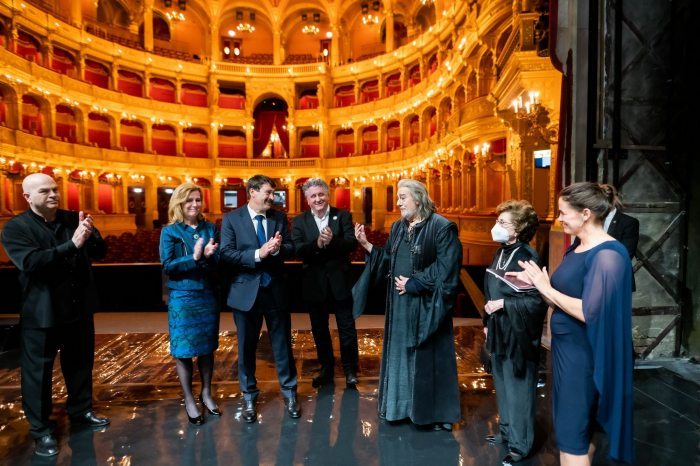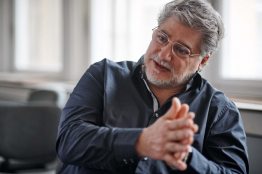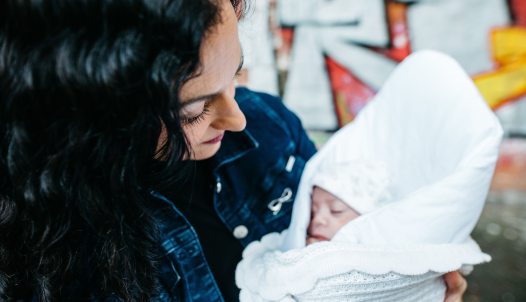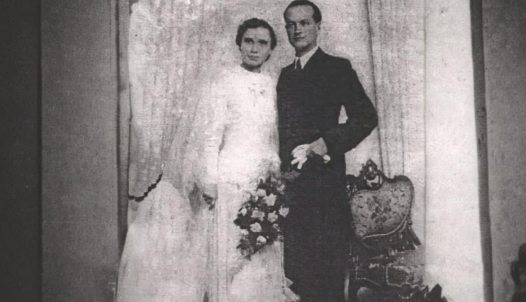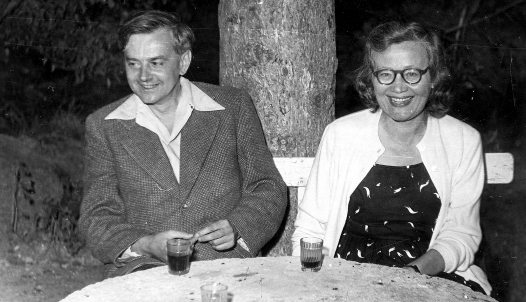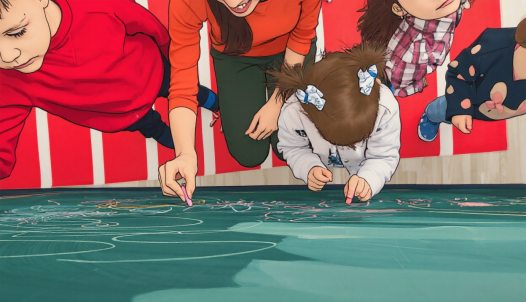Plácido Domingo: "The Hungarian Opera House is a jewel!"
Plácido Domingo was a frequent guest in Hungary this spring. In March he was conducting at the Reopening Gala of the Hungarian State Opera House, and the following month he sang Simon Boccanegra, his first stage role at the Ybl Palace on Andrássy Avenue. The world-famous opera singer talked about his relationship with Hungary, supporting young talents, and why classical music will always be "in fashion".
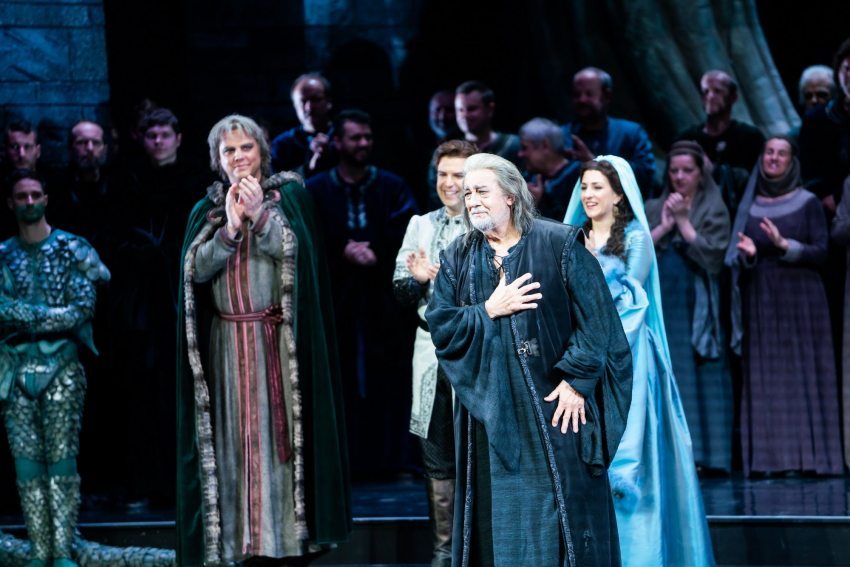
Why do you think it's important to support initiatives like the Virtuosos?
I have built my career every day since I debuted over sixty years ago and for me, it never ends. I am well aware of the uncertainties and doubts of young people who start this path and that is why, as soon as I had the opportunity to support the most talented young people by promoting artistic programs in theatres around the world and through my Operalia singing competition, I was happy to do so. Virtuosos is a program that perfectly follows my ideas to discover young classical music talents and give them various opportunities to be discovered.
It is a cliche, but true: talent is not enough, diligence and dedication are at least as important as talent. How do you see the future of this genre from a professional point of view?
I perfectly agree.
Above all, our work requires discipline and a lot of love for what we do. And there are no holidays because a musician must have consistency in practicing, always, at any age!
But I also believe that this sacrifice is abundantly rewarded by the satisfaction and also by the great opportunity to transform the passion for music into a lifelong job: this is a privilege!
What is the first thing you think of when you hear the word Hungary?
To stay on the subject, it’s undoubtedly music, because you have had great composers and a very interesting tradition. And then I am very fond of the reborn Opera House, which I had the pleasure of inaugurating after its beautiful renovations. It is a jewel!
You conducted the orchestra at the reopening gala of the renewed Hungarian State Opera. What was it like to be there for the "rebirth", as you put it, of this old, historic building?
As I stated before, it is a wonderful feeling to enter this magnificent theater again, which I visited several times in past years during the construction phase of the renovation. I find that an excellent job has been done and the acoustics are really excellent.
In my opinion, the newly restored Hungarian State Opera can be now rated as one of the most beautiful Opera Houses in the World!
What other memories do you have of our country? As far as I know, you first visited Hungary in the early 70s.
Ever since I first performed almost fifty years ago in Budapest at the Erkel Theatre all of my memories of performing here are positive because the audiences are always so warm and enthusiastic – also intelligent, as one would expect from a country that produced Franz Liszt, Béla Bartók, Zoltán Kodály, Franz Erkel, and so many other great musicians! Throughout all these past years I had the privilege to perform in various cities in Hungary, besides various venues in Budapest I had concerts in Pécs, Szeged, and most recently in Győr. Last summer we had a charity concert for the purpose of thanking the health care workers for their heroic work during the COVID pandemic.
The whole world has known you– not only the opera-loving audience –, as a tenor, you sang baritone roles most often, and you also conduct with love. I am not asking which one is your favorite, I’m more wondering why you like this kind of variety? How do several different styles and roles interact?
Life is a journey and over time many things change, it is up to us to know how to adapt.
For example, my voice and age have suited better to baritone roles over time, but I never imagined that I would build a "second career" as a baritone after 2009, when I first sang the baritone role of the Doge in Simon Boccanegra, instead of the tenor role I had sung previously. As for conducting, that goes back a long way too: as a boy, I never thought I would be a singer and I learned to play the piano... so they are all paths that intertwine.
Does classical music have to "keep up" with youth? Does it have to be renewed? How do you see the actual position of the opera genre from the point of view of the audience?
Opera and classical music have an intrinsic beauty that touches even the young. It is up to us and the institutions to spread this: children need to know music and know that it is not a genre intended for an elite audience.
Many pop, rock, rap songs can be „dated” and may have an expiration date, while classical music is eternal, it has a charm, and longevity that goes beyond generations.
You are the emblematic figure of La Scala, you are also legendary as a member of The Three Tenors, and you have made lasting impressions all over the world. Is there anything you miss in your career or have you achieved all that you wanted in the field, do you feel satisfied when you look back on your professional life?
I think I got a lot out of it and I hope I managed to convey my emotions to the audience. To be honest, I am satisfied, I think I did the best I could with what I had and the means at my disposal.
For the sake of the game: If you could magically sing bass, which roles would you be interested in?
Oh, there would be so many, above all I would settle on Verdi. There are Zaccaria, Fiesco, Banco, Filippo II, Attila, and I could go on.
Where do you like to sing the most? In an opera house, on an open stage, or somewhere else?
My natural habitat is definitely the theatre, but there are certainly some very special outdoor places. I've sung in ancient arenas, amphitheaters and under the Eiffel Tower, in Central Park, in stadiums, like in the Népstadion with Diana Ross and José Carreras, or in the plazas de Toros. Every place and every public creates new alchemy and the special thing is being able to tune in.
Your motto is: "If I rest, I rust". How long do you plan to continue singing?
I have no idea, it's a question I can't answer myself.
To be honest, I never thought I’d get to 81 and still be able to sing opera on stage.
I am happy and being on stage gives me great joy, because music is an indissoluble part of my life.
